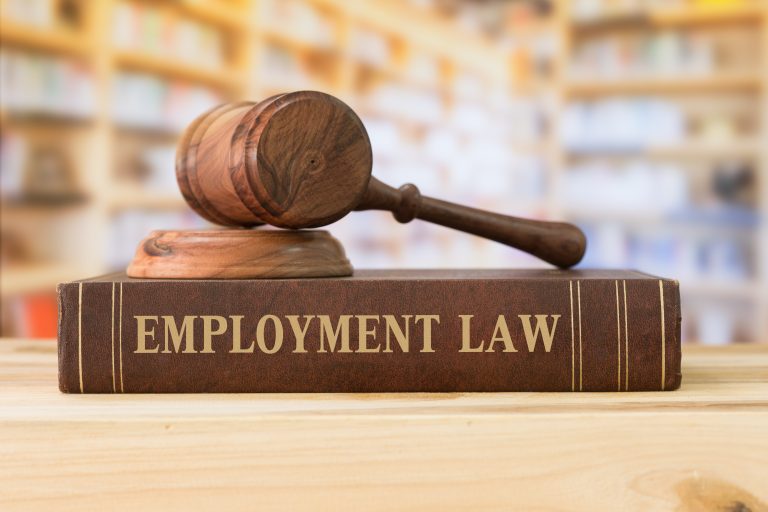Getting a new job is a time for celebration. You’re moving up in your career and about to gain a wealth of new experiences and challenges alike. A new job provides the opportunity to not only grow professionally but personally too. You will meet new people and form new friendships, as well as most likely build new skills and become more confident in your skills professionally.
However, getting a new job does bring with it one daunting task: leaving your current job. If you’re nervous about leaving your current job or don’t know what the best steps to take are, read through this guide on how to leave your job on good terms, without burning any bridges.
The way that you approach a resignation at any job is so important. Burning bridges with current employers can have long term effects on the relationships you form with future employers, as well as become a hindrance in finding jobs later on. To avoid this, no matter your reason for leaving, try to do everything you can to leave on the most positive note you’re able to.
Resignation Email
One of the most important parts of the resignation process is the letter of resignation you will give to your employer. Although this can be done on paper and handed to your boss, nowadays almost all resignations are done over email. Writing a strong and positive resignation email is so important if you want to leave your job on good terms and solidify lasting positive relationships with your employer and colleagues.
A resignation email is usually an email with a formal resignation email attached. The formal letter should be in a similar format to that of a professional, formal signed letter, however, it will just be attached to an email to allow the company to share and process it easily. The letter should include all the important information about your resignation, including the fact that you are leaving and when your last working day will be. Read through this resignation email guide to learn how to write your own resignation email.
Meet with HR/your boss
Ideally, when you resign from any job it should be a clean and healthy ending. In a best-case scenario, your employer will be happy and supportive, offer you a letter of recommendation and wish you well. We know that it isn’t always that simple, but there are ways that you can cushion the blow.
If you’re able to, informing your superior in person that you are intending to leave the company is the best way to show respect and allow them to discuss your decision with you and talk through any questions they may have.
If you are concerned about a potential confrontation, you can meet with Human Resources to discuss your rights as an employee, as well as to get information about the salary and any remaining holiday pay you are entitled to. You should also find information on any retirement funds you have been paying into and any additional steps you may need to take in a job transfer.
After meeting with HR, set up a meeting with your boss to have a conversation about your resignation and either hand them the resignation letter there or send a follow-up email with it after the meeting. Send a copy to human resources too.
Stay professional
When you have handed in your letter of resignation and know you are in your final days or weeks of work, there is a temptation to celebrate and slack off. However, this is extremely disrespectful not only to your boss but also to your employees who will be left to pick up your slack. Make sure to maintain a high level of professionalism all the way up until you have left your job to avoid burning any bridges unintentionally. Keeping up your usual standard of work right up until the end is a great way to ensure that your former employer will stay on good terms with you and you will have earned their respect and goodwill. This will be particularly useful if you are applying for new jobs in the future and a potential employer contacts them for a letter of recommendation or a background check.
Leaving a job can seem daunting, but if you approach it the right way you will have maintained strong relationships with your previous employer and made sure that you have positive connections to provide references and recommendations for you if you are ever applying to another job in the future. Stay positive in your resignation email, set up meetings with both your boss and your human resources department and maintain a strict sense of professionalism right up until the end to prove to your boss, and yourself, that you are a respectful and valuable employee who will be missed from the company.
HR Future Staff Writer













